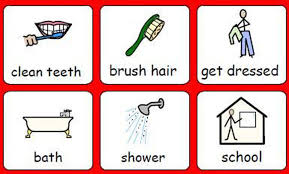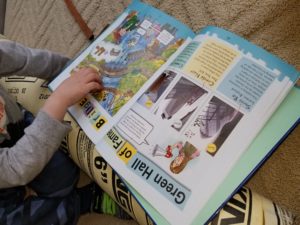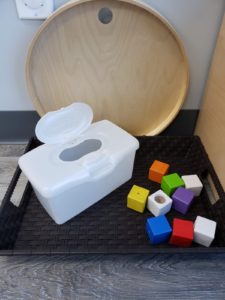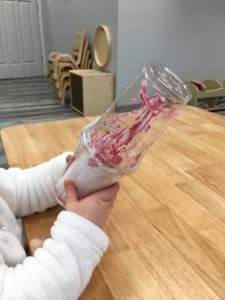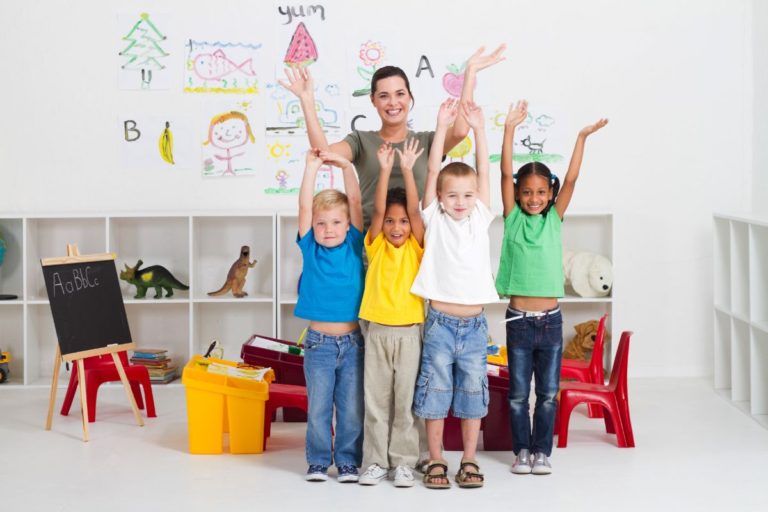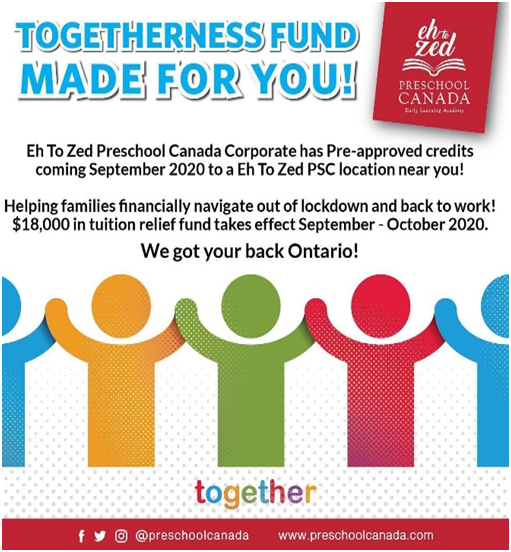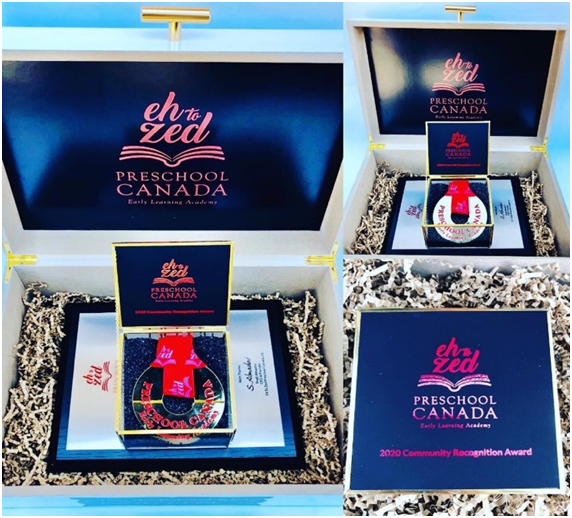Is your child ready for kindergarten?
I would like if you could sit back, and read this scenario while trying your best to visualize the entire thing.
It is Gabriella’s first day of kindergarten and she is extremely excited about school and meeting all her classmates and teachers. Gabriella points to her name on her bag as she puts on her shoes and packs her own backpack. Gabriella is ready for school. She walks outside and holds her mother’s hand. Both of them share stories about how the day will go as they walk together to school. Upon reaching Gabriella’s school, Gabriella takes a deep breath and gives her mom a big hug. She then lets go of her mom’s hand and waves goodbye. Gabriella enters the yard and walks around. She quickly gravitates to a group of children playing tag and smiles. The school bell rings and Gabriella looks at her mom. A few tears build up in her eyes, as she stares at her mom. Gabriella decides to take a deep breath and count to 5. She then walks towards her classroom door and listens to her two educators/teachers. She once again looks at her mom, blows her a kiss and walks confidently inside.
As some of you know, I am an Early Childhood Educator and I have facilitated many early learning environments. I myself was once a Designate Early Childhood Educator in a few kindergarten classrooms and I believe that my experience may help many of you who are inquiring about “Kindergarten Readiness” and what it looks like.
Many people believe that in order to be ready for school, you must know all your letters, their sounds, count and maybe even read. All of these are great skills and highly appreciated when entering school; however, I can not stress how important self-help skills are, and the importance of being able to self-regulate within a classroom environment. These two factors are crucial when entering a busy classroom with potentially 30 or more students and only two educators.
In order to support families, I have decided to create a list of “Kindergarten Readiness” tips; however, I thought it would be best to start with a few inquiry questions.
Ask yourself these questions
#1 Is my child toilet trained?
#2 Can my child open his/her lunch bag? Open containers? Feed himself/herself?
#3 Can my child safely use a pair of scissors and cut on a straight line?
#4 Can my child follow at least 2 simple directions?
#5 Can my child get dressed on his/her own. Put on his/her own shoes and identify their own cubby or
personal space?
#6 Can my child identify his/her name?
#7 Can my child self-regulate? Can he/she successfully identify feelings and act accordingly?
#8 Can my child interact and share with other children/educators?
I hope that these questions helped and got you thinking about “School Readiness” and how different it may be from what you potentially thought.
Now that you have thought about these questions, I think it is best that I share with you a few tips and activities which will facilitate your child and his/her ability to successfully engage in our Ontario Kindergarten program.
Tips on how to support your little one:
Self-Help
– Use a sticker chart or some sort of reward system when potty training
– Visuals help (try looking of bathroom pictorials on google)
– Pack a lunch for your child and get him/her to open his/her bag, open containers, eat on his/her
own and then pack up everything back into his/her lunch bag
– Practice proper handwashing (visuals help)
– Give your child time to get dressed on his/her own
Fine-Motor Development
– Knead, roll, pinch, squeeze, press, pull, punch playdough as much as possible
– Practice holding scissors. Practice how to successfully open and close them and if possible, try
cutting a straight line.
– Use tweezers or tongs when picking up items
– Paper clips/clamps help with a proper pencil grip
– Stacking blocks
– Putting on shoes/zipping up coat/flipping book pages
Identify Name
– Start labeling your child’s items
– Hide your child’s name around the house and get him or her to find their name
– Mix your child’s name into other letter cards and get him/her to find it
– Get your family to create their own name tags and have each member find their name card prior
to dinner or sitting on the couch
Self-regulation
– Practice using words to express feelings and not tears/screaming
– Practice identifying feelings and how feelings make you feel
– Practice taking deep breaths and counting or singing in order to calm one’s self down (there are
many activities which help children). My favourite is the pinwheel. I like getting children to
breathe onto a pinwheel and asking them to watch the wheel go. After a few tries, most children
feel calm and regulated.
– Do not be afraid to say “no” or “not right now”. Children will be faced with these phrases in
school and need to know how to react to these words.
Interactions
– If possible enroll your child in a program which supports child interaction
– Practice sharing within your own space
– Allow your child to play with as many children as possible
Now that you have taken the time to reflect on the questions which I asked and read all the tips which I provided. I want you to go back to my opening scenario and reflect on it. Was this little one ready for school? Do you think he/she will be successful in school?
Thank you for taking the time to read my blog. I hope you found it helpful. For more ideas and tips, please follow us on facebook, twitter, and Instagram.
I would love to hear from you all. Please email me at innisfil@preschoolcanada.com
Wishing all your little ones a great start to the new school year.
Kind regards,
Melissa de Castro

